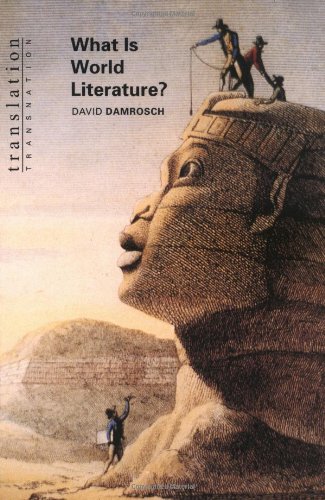

Most ebook files are in PDF format, so you can easily read them using various software such as Foxit Reader or directly on the Google Chrome browser.
Some ebook files are released by publishers in other formats such as .awz, .mobi, .epub, .fb2, etc. You may need to install specific software to read these formats on mobile/PC, such as Calibre.
Please read the tutorial at this link: https://ebookbell.com/faq
We offer FREE conversion to the popular formats you request; however, this may take some time. Therefore, right after payment, please email us, and we will try to provide the service as quickly as possible.
For some exceptional file formats or broken links (if any), please refrain from opening any disputes. Instead, email us first, and we will try to assist within a maximum of 6 hours.
EbookBell Team

4.3
8 reviewsIn case studies ranging from the Sumerians to the Aztecs and from medieval mysticism to postmodern metafiction, David Damrosch looks at the ways works change as they move from national to global contexts. Presenting world literature not as a canon of texts but as a mode of circulation and of reading, Damrosch argues that world literature is work that gains in translation. When it is effectively presented, a work of world literature moves into an elliptical space created between the source and receiving cultures, shaped by both but circumscribed by neither alone. Established classics and new discoveries alike participate in this mode of circulation, but they can be seriously mishandled in the process. From the rediscovered Epic of Gilgamesh in the nineteenth century to Rigoberta Menchú's writing today, foreign works have often been distorted by the immediate needs of their own editors and translators.
Eloquently written, argued largely by example, and replete with insightful close readings, this book is both an essay in definition and a series of cautionary tales.